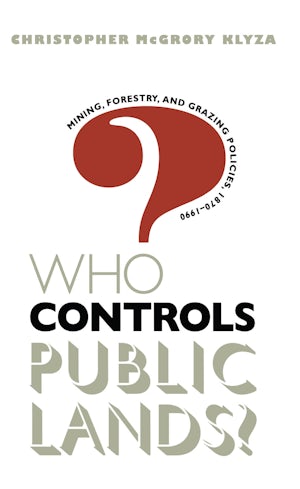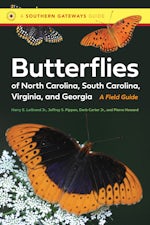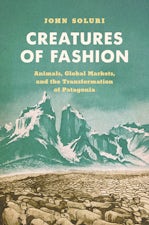Who Controls Public Lands?
Mining, Forestry, and Grazing Policies, 1870-1990
By Christopher McGrory Klyza
224 pp., 6.125 x 9.25, 7 tables, notes, bibl., index
-
Paperback ISBN: 978-0-8078-4567-7
Published: March 1996 -
E-book EPUB ISBN: 978-0-8078-6253-7
Published: November 2000 -
E-book PDF ISBN: 979-8-8908-7838-0
Published: November 2000
Buy this Book
- Paperback $50.00
- E-Book $29.99
For Professors:
Free E-Exam Copies
About the Author
Christopher McGrory Klyza is associate professor of political science and director of the program in environmental studies at Middlebury College. He is coeditor of The Future of the Northern Forest.
For more information about Christopher McGrory Klyza, visit
the
Author
Page.
Reviews
"Classic scholarship. . . . Very readable."--Choice
"A fresh analysis that throws considerable light on the underlying forces that make it extremely difficult to reform policies in mining, forestry, and grazing."--Norman Vig, Carleton College




